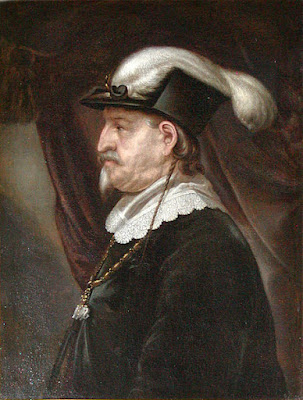Royal Families: House of Orléans

The House of Orléans is a noble dynasty with a rich history that dates back several centuries. The House of Orléans takes its name from the city of Orléans, located in north-central France. History The House of Orléans is the name used by various branches of the French royal family, all descended from the legitimate male line of the dynasty's founder, Hugo Capet. The last branch to bear the ducal title descended from Henry of Bourbon, Duke of Vendôme (Henry IV of France), who became king (nominally) in 1589, and is sometimes known as the House of Bourbon-Orléans. The eldest of these branches consisted of Gaston of Orléans, the younger son of Henry IV, and the four daughters of his two marriages. The youngest and last House of Orléans descended from Philip of Orléans, the younger brother of Louis XIV (who, as such, was known at court simply as Monsieur). From 1709 until the French Revolution, the Orléans dukes were...




